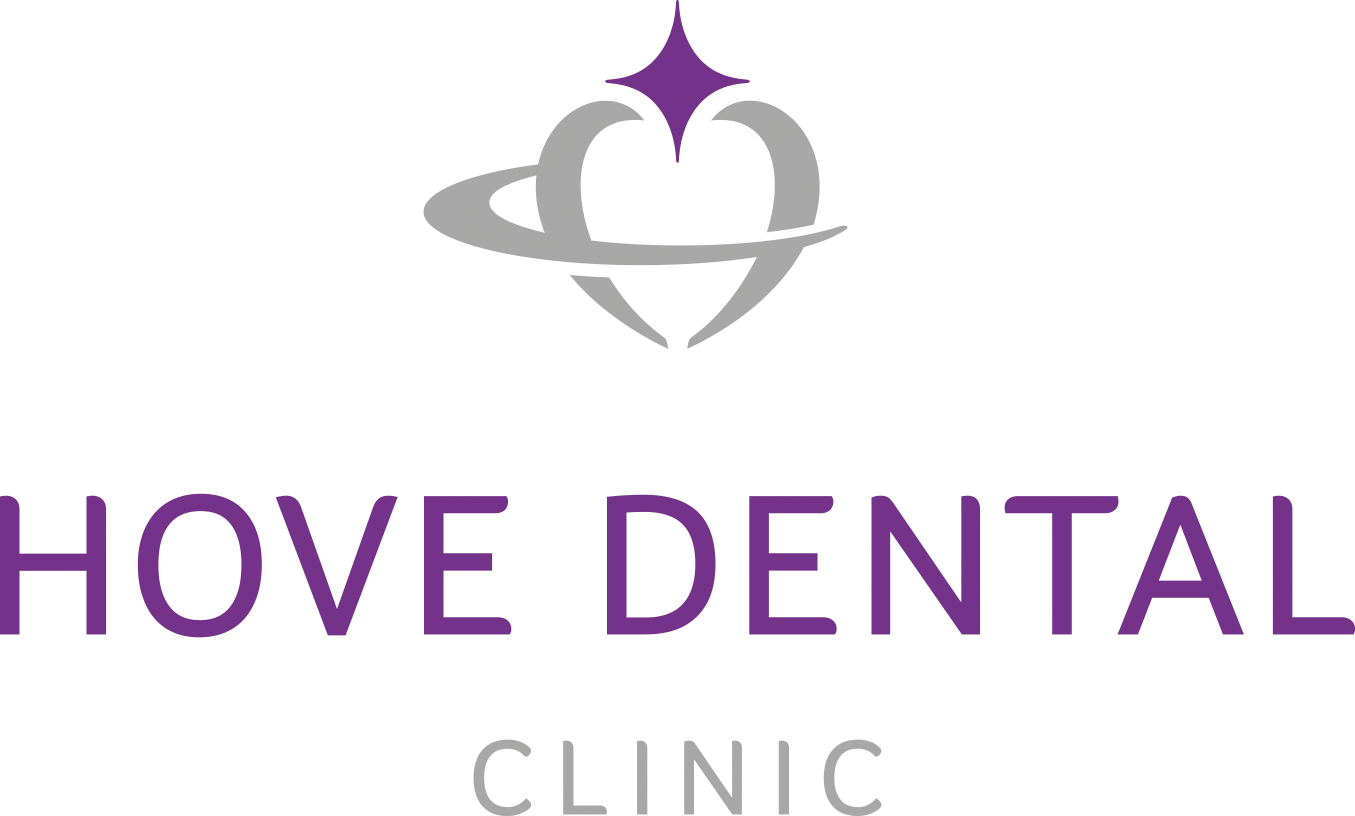
An infection can affect a tooth the same they affect other areas of the body. A tooth infection can commonly result from a tooth abscess, where bacteria enters the tooth itself and forms pus inside of it, which can then cause an infection that spreads into the gums or bones of the jaw.
Depending on how long a tooth infection goes untreated, the infection can become a potentially serious issue. Infections can spread throughout the body from the tooth, and vulnerable people such as people living with a disability and older adults may also develop further, potentially serious complications.
Typical symptoms of a tooth infection include the following:
- Tooth pain
- Throbbing
- Facial swelling.
- A tender or loose tooth
- Pain and swelling in the gums
- Tooth sensitivity
In rare cases, a tooth infection can spread and develop into a life-threatening infection that kills you – so it is important to get prompt treatment. If you have any symptoms you should book a dental appointment as soon as possible.
To get a dental appointment in Brighton and Hove you can contact us for more information.
What are the Treatments for a Tooth Infection?
While it is important to see a dentist for any symptoms it is also important to remain calm and not worry, as the teeth and gums will usually respond very well to several treatment options. Home remedies can also help relieve pain before treatment starts and while waiting for the treatment to eliminate the infection.
Common dental treatments for a tooth infection include the following:
- Root canal: Root canals are a routine dental treatment that can help with a variety of issues. This treatment involves opening the infected tooth and cleaning it on the inside. This procedure will probably make use of a local anaesthetic and once complete a dentist will seal the disinfected tooth again.
- Tooth extraction: Sometimes it is better to have an infected tooth extracted, particularly if a dental abscess has already caused significant tooth decay. Tooth extraction may be the only option if root canal treatment is not possible, and a dentist can then replace the tooth in an additional procedure.
- Draining: When an abscess forms it may be possible to drain it by cutting into the gum. Again, this will usually involve the use of a local anaesthetic. Draining an abscess can reduce the symptoms of an infected tooth but may only be a short term solution, in which case further treatment will be necessary.
Antibiotics are usually unnecessary for a tooth infection, but they may be helpful if an infection is particularly bad or it has spread to other areas of the body. You need to book a dental appointment and determine the most appropriate treatment as if left untreated the tooth infection can spread or lead to sepsis and other issues.
The idea of undergoing dental procedures can make many people nervous, especially when there is a local anaesthetic involved. In our practice, we provide specialist treatments for nervous patients who are uncomfortable, which helps them to fully understand their treatment and stay calm during their procedure.
Prevention of a Tooth Infection
The best solution for tooth infections is to prevent them from occurring in the first place. While some tooth infections can be caused by an injury, which may result in teeth cracking and allowing bacteria to enter, other causes are entirely preventable.
Generally speaking, keeping teeth clean will help reduce the risk of a tooth infection and many other dental issues. Preventative measures for a tooth infection include the following:
- Good oral hygiene: You need to keep your teeth clean to reduce the number of bacteria in your mouth and lower your risk of infection. You should consider making flossing part of your hygiene routine. Flossing provides a deeper clean between the teeth and can help remove any hidden bacteria from the mouth.
- Avoid sugars and starch: While sweets and sugar are widely known to cause tooth decay, starch also does a lot of damage to the teeth – this is something people may not commonly think about. Sugary drinks are very damaging to teeth, so reduce excess sugar and starch – and make sure to brush afterwards.
- Boost your immune system: An infection is likely to be less severe if you have a strong immune system. Maintaining a healthy lifestyle is a great way to keep your immune system strong. Be sure to consume plenty of nourishing foods containing vitamins and minerals, especially if your immune system is weak.
If you are already at risk from the complications of infection due to an underlying health condition then preventative strategies are extremely important. However, these prevention methods are generally healthy habits that can help to prevent many dental issues. As a result, they are sensible tips that everyone can follow.
What Are Some Home Remedies for Pain Relief?
Home remedies for the pain a tooth infection causes include over-the-counter painkillers. Non-steroidal anti-inflammatory drugs (NSAIDs), such as ibuprofen, and paracetamol may help the pain. Avoiding hot or cold food and drink and consuming only soft foods can also provide further pain relief while treatment takes its course.
If the pain is severe, a softer toothbrush may provide a more comfortable way to brush your teeth. If you have a tooth infection and are awaiting treatment you can also avoid flossing around the bad tooth. Chewing on the side of the mouth where there is no infected tooth is another simple remedy to avoid discomfort.
Tooth Infection Symptoms, Treatments and Prevention
A tooth infection that spreads and becomes so severe that it kills you is very rare and most symptoms of pain, swelling or sensitivity respond to routine dental treatments. In many cases, removal will not be necessary and root canals will work effectively.
While awaiting your treatment, or waiting for the treatment to take effect, over-the-counter painkillers can help. You can also prevent a tooth infection, as well as many other dental and health problems, by practising good oral hygiene and other preventative strategies. If you have any symptoms of a dental abscess or tooth infection it is important to book a dental appointment as soon as possible.
We specialise in emergency dental treatments and helping patients who are nervous about dental work in the Brighton and Hove area, so if you have symptoms of a tooth infection or other problems you can get in touch to book an appointment.
Contact us to find out more.





















